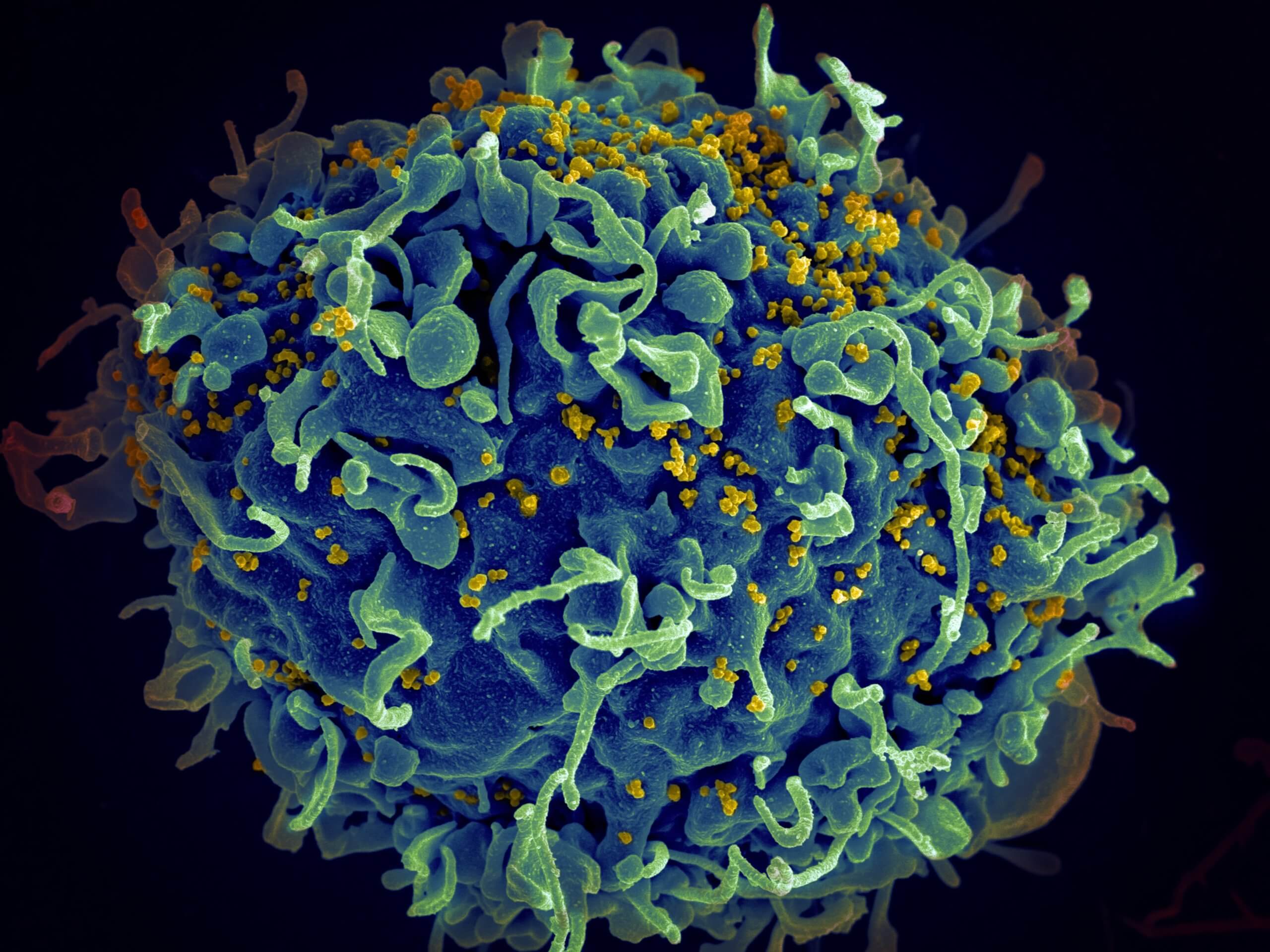HIV research has come a long way, with many effective treatments available for maintaining health in those who have it. Now, a new study led by UCLA scientists suggests that some gut bacteria, even ones that support healthy gut diversity, are indicating factors of greater susceptibility to contracting the infection.
“This is an important area that needs further research to better understand if and how these bacteria could affect HIV transmission,” says Dr. Jennifer Fulcher, assistant professor of medicine, division of infectious diseases, at the David Geffen School of Medicine at UCLA. “Microbiome-based therapies are becoming a hot area of research with great potential. With further research this could be a novel way to help in HIV prevention.”
So far, researchers have known that chronic HIV and gut bacteria changes are linked. Fulcher and team wanted to explore this more by identifying when after infection do changes actually occur. To do this, they collected gut microbiome samples from 27 men who have sex with men, before and after infection. Following this, they compared the samples with those of 28 men who were behaviorally at increased risk of developing HIV yet hadn’t.
The team says that during the first year, there weren’t any notable changes in the gut microbiome of men with HIV. However, the men who contracted the virus had differences in gut bacteria prior to infection when compared to those uninfected.
The bacteria in question is called the Bacteroides species, which resides in the lower intestinal tract and is integral to optimal gut health. These men had less of this bacteria, and increased amounts of Megasphaera elsdenii, compared to the uninfected men at risk. The function of the latter bacteria in the gut is currently not well-understood.
Researchers also discovered that men with HIV had higher levels of inflammatory cytokines and lipids prior to infection. This suggests that their bodies were consistently in a state of stress comparatively.
Fulcher and team are pleased with their findings, but they do note that the study comes with several limitations and would require additional research before any causal relationship is claimed. The study had a very small sample size, and only included men, who most of which also regularly use drugs, made the participant population not as representative of the general population. Future studies that examine this relationship should move into the direction of addressing these to enhance credibility of the findings.
This study is published in the journal eBiomedicine.
